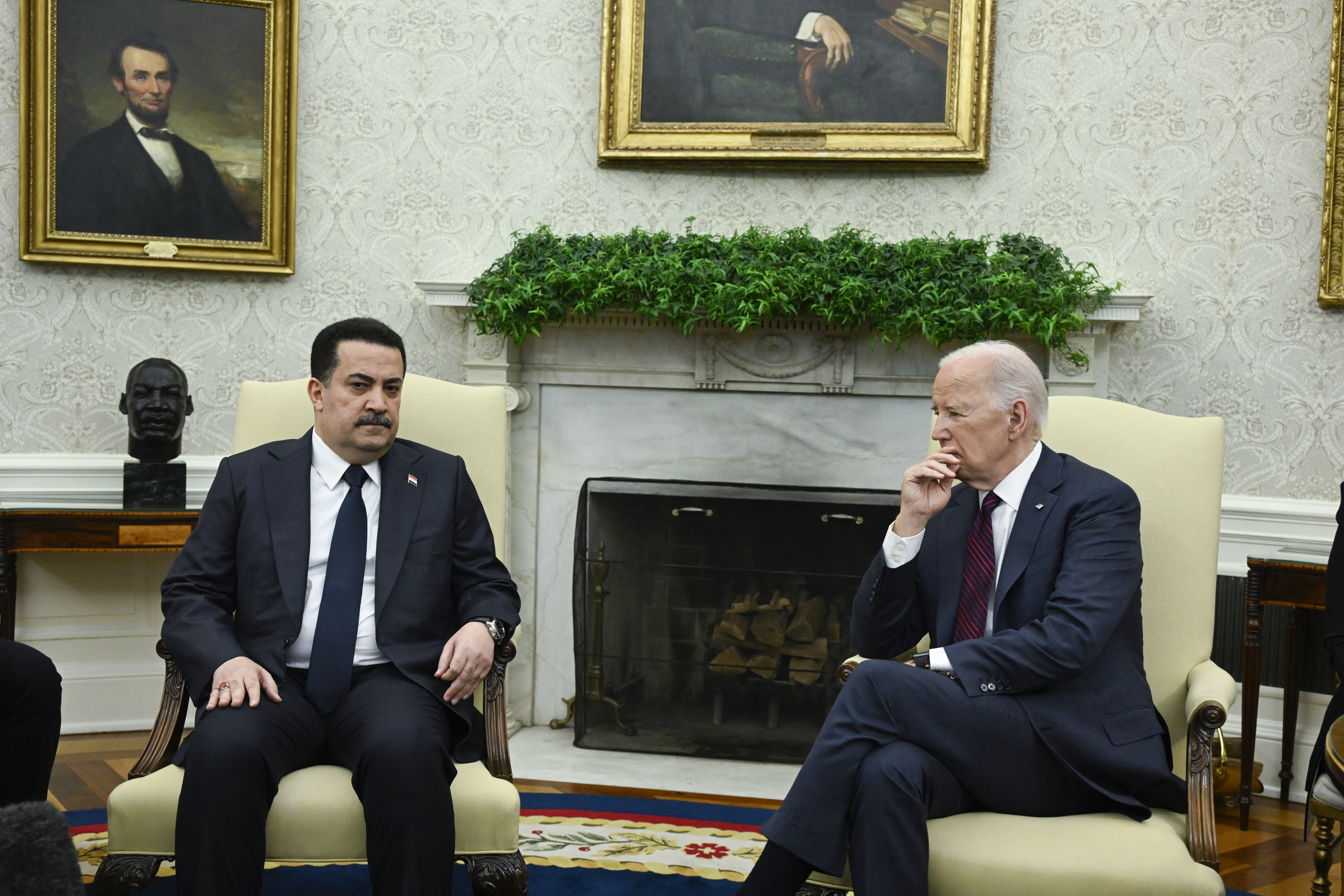Davos 2019: Was it all doom and gloom?

DAVOS, Switzerland — Humanity faces a raft of existential threats, from economic collapse to climate change, artificial intelligence to an age without antibiotics. Yet several world leaders — including the five permanent members of the UN Security Council — chose to sit out this year's World Economic Forum to focus on crises closer to home.
Held annually in the Swiss ski resort of Davos, this exclusive gathering of world leaders in politics, business, and civil society meet to network, strike deals, announce policies, or simply to be seen.
Those without an invite pay monumental sums of cash to join the Davos club — an indication of the WEF's importance in the calendar of the ultra-rich and the world's political titans.
However, just as the world's challenges demand their cooperation, understanding, charity, and billions in investment, a tide of populism has swept in, bringing with it trade disputes, unilateralism, and threats to the longevity of global institutions.
As the first US president to attend Davos since the year 2000, Donald Trump caused a storm at the WEF's 2018 meeting. But with the longest government shutdown in US history grinding on - and neither Trump nor the Democrat-controlled Congress giving way - the POTUS chose to skip the WEF and keep to his White House bunker.
His Chinese counterpart, Xi Jinping also gave Davos a miss this year, sending instead his vice president, Wang Qishan, to trumpet the triumphs of the Asian juggernaut.
The absence of these leaders — captains of the world's two greatest economies — came at the very moment they should have been talking face to face.
MORE COVERAGE ON DAVOS 2019
On Monday, the International Monetary Fund (IMF) released a grim forecast for the world economy. The cause? China's slowing economy, blamed in large part on its ongoing trade war with Washington.
Speaking in Davos, IMF chief Christine Lagarde said resolving the US-China trade war is imperative to the health of the global economy.
"A slowdown of China is fine. It's legitimate," Lagarde told delegates on Thursday. "But if the slowdown was fast, it would constitute a real issue."
Also high among Lagarde's warnings was the impact of Brexit on European growth. The deadline for the United Kingdom's divorce from the European Union is a matter of weeks away, March 24, and yet the British parliament has refused to rubber stamp Prime Minister Theresa May's Brexit deal.
Clinging to office by her fingernails and locked in a constitutional crisis, May also ditched Davos — instead deploying her finance minister Philip Hammond to reassure twitchy elites grappling with whether to take their business elsewhere.
The dark clouds on the economic horizon were not the only climactic event sending a chill down the spines of Davos delegates. Leading environmentalists spoke with growing alarm about the state of the planet's ecosystems, CO2 emissions, and extreme weather events.
"The future of the natural world is in our hands, so if wreck it, we wreck ourselves," British broadcasters and naturalist Sir David Attenborough warned delegates Tuesday.
"It is difficult to overstate it. We are now so numerous, so powerful, so all-pervasive, the mechanisms that we have for destruction are so wholesale and so frightening, that we can actually exterminate whole ecosystems without even noticing it," he added.
And yet, French President Emmanuel Macron — who became the standard bearer among world leaders for reducing carbon emissions — was forced to stay home to confront the republic's recent wave of Yellow Vest unrest.
With Russian President Vladimir Putin also choosing to stay home to focus on Syria — largely neglected on the summit agenda — German Chancellor Angela Merkel, with her Spanish and Italian counterparts, were left to fly the flag for multilateralism.
"There is a new approach that we see in the world today, an approach that harbours doubts as to the validity of the international system, they say 'shouldn't we look after our own interests first' and then out of that develop an order that is good for all," Merkel told delegates Wednesday.
"I have my grave doubts that this is the right way to go about it."
With so many empty chairs at the world's top table, Jair Bolsonaro, the newly inaugurated president of Brazil, enjoyed top billing at this year's WEF. As a climate sceptic eager to open up his nation's rainforests to investors, his presence stoked anger among environmentalists protesting outside.
Despite the WEF's reputation for schmoozing and backslapping, Davos does offer a rare platform for dialogue on global inequality, displacement and migration, world health, and the power of new technologies.
Refugee rights groups, medical experts, sociologists, and climate scientists joined architects, programmers, entrepreneurs, and aid agencies to share their research, develop partnerships, and widen their horizons.
But with absentee world leaders fighting their own domestic battles, jealously guarding their interests, and choosing confrontation over cooperation, critics will widely interpret Davos 2019 as a lavish talking shop bereft of concrete action.

